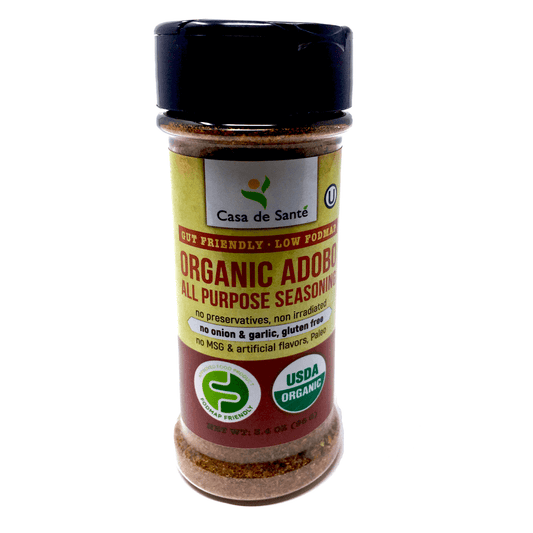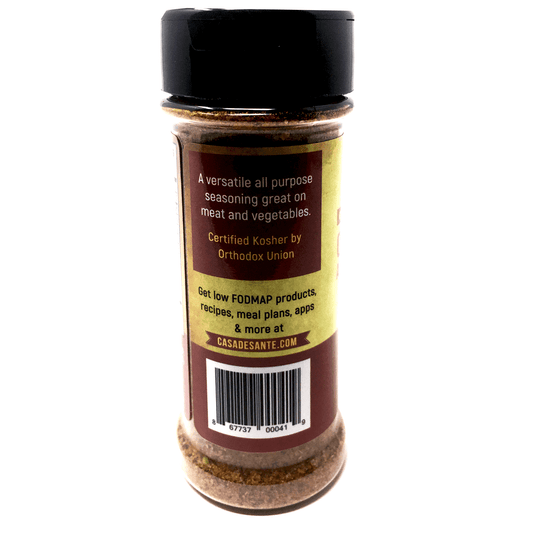Triggers: Irritable Bowel Syndrome Explained
Irritable Bowel Syndrome (IBS) is a common disorder that affects the large intestine. It is characterized by symptoms such as cramping, abdominal pain, bloating, gas, and diarrhea or constipation, or both. While the exact cause of IBS is unknown, certain factors, known as triggers, can lead to the onset or worsening of symptoms. This article provides an in-depth explanation of these triggers.
Understanding these triggers is crucial for managing IBS effectively. By identifying and avoiding these triggers, individuals with IBS can significantly reduce the frequency and severity of their symptoms. This article aims to provide a comprehensive guide to these triggers, helping individuals with IBS to better manage their condition.
Food Triggers
For many people with IBS, certain foods can trigger symptoms. These food triggers vary from person to person, but there are some common culprits. These include foods high in fat, dairy products, alcohol, caffeine, artificial sweeteners, and certain types of fruits and vegetables.
It's important to note that food triggers do not cause IBS, but they can exacerbate symptoms in people who already have the condition. Identifying and avoiding these triggers can help manage symptoms and improve quality of life.
High-Fat Foods
Foods high in fat, such as fried foods, fatty meats, and high-fat dairy products, can trigger IBS symptoms. This is because fat can stimulate contractions in the colon, leading to cramping and diarrhea in people with IBS.
Reducing the intake of high-fat foods and replacing them with lean proteins and low-fat dairy products can help manage IBS symptoms. It's also beneficial to cook foods in healthier ways, such as grilling or steaming, instead of frying.
Dairy Products
Dairy products, particularly those high in lactose, can trigger IBS symptoms in some people. This is especially true for individuals who are lactose intolerant. Symptoms can include bloating, gas, and diarrhea.
Alternatives to dairy products include lactose-free products or plant-based milks. It's also worth noting that not all dairy products are high in lactose. Hard cheeses and yogurt, for example, are typically lower in lactose than milk and ice cream.
Stress Triggers
Stress is another common trigger for IBS symptoms. While stress doesn't cause IBS, it can worsen symptoms. This is because the brain and the gut are closely connected, and stress can affect gut function.
Managing stress is an important part of managing IBS. This can include techniques such as mindfulness, meditation, yoga, and regular exercise. It's also important to get enough sleep, as lack of sleep can increase stress levels and worsen IBS symptoms.
Acute Stress
Acute stress, such as a stressful event or situation, can trigger IBS symptoms. This is because the body's response to stress can affect the gut, leading to symptoms such as abdominal pain, bloating, and changes in bowel habits.
Managing acute stress can involve techniques such as deep breathing, progressive muscle relaxation, and visualization. It's also beneficial to have a support network of friends, family, or a therapist to talk to during stressful times.
Chronic Stress
Chronic stress, such as ongoing work stress or relationship problems, can also trigger IBS symptoms. This is because chronic stress can lead to changes in gut function and gut bacteria, which can exacerbate IBS symptoms.
Managing chronic stress can involve long-term strategies such as cognitive-behavioral therapy, regular exercise, and a healthy diet. It's also important to seek professional help if chronic stress is affecting your quality of life.
Hormonal Triggers
Hormones can also play a role in triggering IBS symptoms. This is particularly true for women, as fluctuations in hormone levels during the menstrual cycle can lead to changes in gut function and IBS symptoms.
Managing hormonal triggers can involve tracking symptoms in relation to the menstrual cycle, and adjusting diet and stress management techniques accordingly. Hormonal treatments, such as birth control pills, may also be beneficial for some women.
Menstrual Cycle
Many women with IBS notice a worsening of symptoms during their menstrual cycle. This is likely due to fluctuations in hormone levels, particularly progesterone and estrogen, which can affect gut function.
Tracking symptoms in relation to the menstrual cycle can help identify patterns and manage symptoms more effectively. Adjusting diet and stress management techniques during certain times of the cycle can also be beneficial.
Menopause
Menopause can also trigger IBS symptoms in some women. This is due to changes in hormone levels, particularly a decrease in estrogen, which can affect gut function and lead to IBS symptoms.
Managing IBS during menopause can involve hormone replacement therapy, as well as dietary changes and stress management techniques. It's also important to get regular exercise and enough sleep, as these can help manage symptoms.
Medication Triggers
Certain medications can also trigger IBS symptoms. These can include antibiotics, certain antidepressants, and medications containing sorbitol.
It's important to discuss any potential medication triggers with a healthcare provider. They can help identify any problematic medications and suggest alternatives if necessary.
Antibiotics
Antibiotics can trigger IBS symptoms in some people. This is because antibiotics can disrupt the balance of bacteria in the gut, leading to symptoms such as bloating, gas, and diarrhea.
Probiotics can help restore the balance of gut bacteria after taking antibiotics. It's also important to take antibiotics only when necessary, and to follow the healthcare provider's instructions closely.
Antidepressants
Certain antidepressants, particularly selective serotonin reuptake inhibitors (SSRIs), can trigger IBS symptoms. This is because SSRIs can affect gut function, leading to symptoms such as diarrhea or constipation.
It's important to discuss any potential side effects of antidepressants with a healthcare provider. They can help manage side effects and suggest alternatives if necessary.
Conclusion
Understanding and managing triggers is a crucial part of managing IBS. By identifying and avoiding these triggers, individuals with IBS can significantly reduce the frequency and severity of their symptoms. This can greatly improve quality of life and overall well-being.
It's important to remember that everyone is different, and what works for one person may not work for another. It's also crucial to seek professional help if IBS symptoms are affecting quality of life. With the right management strategies, it's possible to live a healthy and fulfilling life with IBS.
























